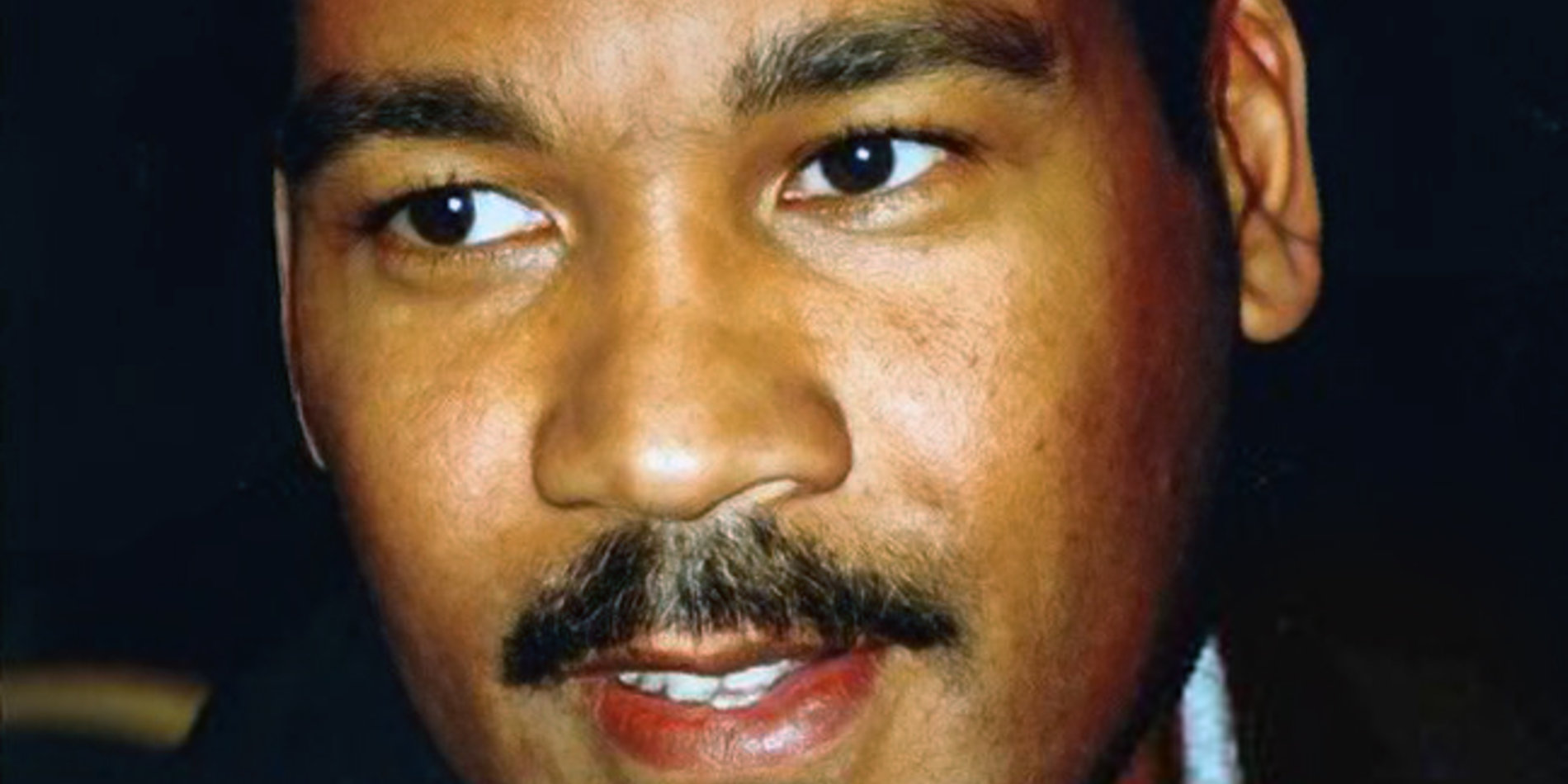High School Seniors Intern at the King Institute

On the week of July 24, 2017, five rising seniors from Mission San Jose High School interned at the Martin Luther King, Jr. Institute. Using the Institute’s primary source documents and under the guidance of Institute Director Dr. Clayborne Carson, and Curriculum Support Specialist Risha Krishna, they developed their theses about how the media proliferated Dr. King’s messages.
The group of interns utilized The King Papers, which proved essential to their studies. Using this book of primary sources, they pored over the written and spoken words of Dr. King to understand the man behind the movement, and the impact his legacy had on the entire world.
The organization and detailed annotations of The King Papers helped explain the historical significance of each event, thus allowing the students understand Dr. King on a more intimate level, as well as the events of the Civil Rights Movement.
“Reading through the letters, speeches, and transcripts in the King Papers transported me back to that time, and reading through them made me realize just how important it is for King’s legacy to be carried on from generation to generation,” said Aneri Parikh.
The interns were able to meet Dr. Clarence Jones, King's personal advisor and attorney, who shared informative and enlivening anecdotes about King's life, thus helping them understand Dr. King on a more personal level.
“The opportunity to converse with living historic figures like Dr. Jones and Dr. Carson, who lived through and contributed to the movement, gave me insight unavailable from text sources,” said Andrew Kinoshita.
The students concluded their internship with a presentation to Dr. Clayborne Carson, where they discussed how media tactics were utilized to proliferate Dr. King's message. They analyzed how the media has supported the justification of racism using examples from various sources, such as the pseudoscience of phrenology, writings of Frederick Douglass, and published pamphlets.
“Media was used in civil rights’ issues to persuade large audiences for a long time, and I learned how it has evolved,” said Aneri Parikh. “For example, sermons were really popular during the civil rights movement; and now, social media has become an increasingly powerful tool in social justice events.”
Most importantly, these students developed their ability to connect the past to the present. They analyzed how current social media possesses the potent power to create and support human rights movements.
The interns ended their presentation by iterating that while the media plays an immeasurable role in raising awareness about activism events, public acknowledgement of the mistakes of the past is crucial to reconciliation and progressing forward.
“After this internship, I am able to establish parallels between the events of the past and the present. This has enabled me to understand my role in preventing similar transgressions like those committed by the American government. After seeing the regression of women's and the LGBTQ community's rights under the current administration, I feel more compelled by my experience to participate in actively peaceful demonstrations and make a difference,” said Surya Pugal.
